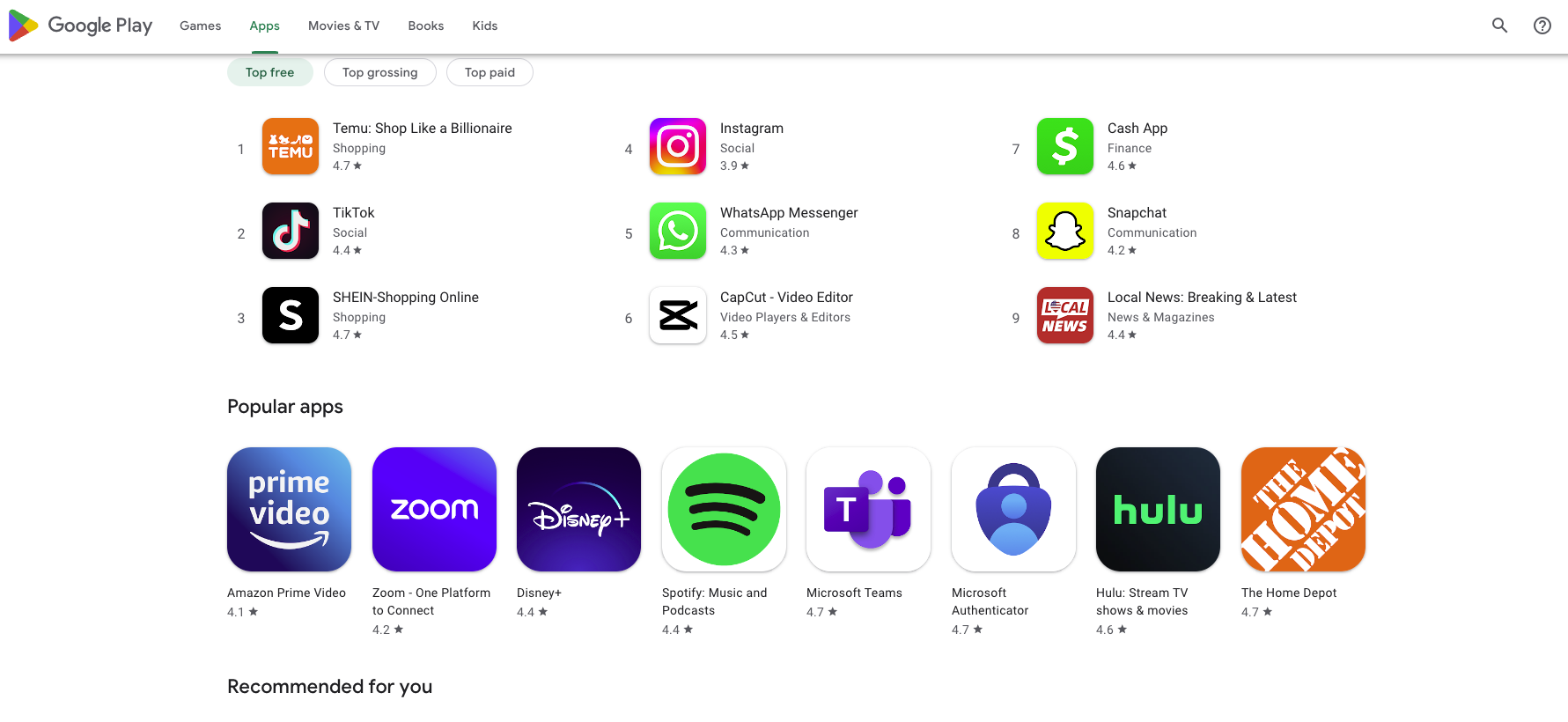Tracing the Roots of Apps and Their Impact on Modern Life
The ubiquitous presence of apps in our daily lives has revolutionized the way we communicate, work, and entertain ourselves. From humble beginnings to transformative technologies, apps have undergone a remarkable evolution over the years, shaping the landscape of modern society. This 5,000-word blog post delves into the fascinating journey of apps, from their conception to their present-day influence, and offers a glimpse into what the future holds.

- The Dawn of Mobile Apps: The Feature Phone Era
Before the advent of smartphones, feature phones ruled the mobile market. These devices were limited in functionality but still offered basic applications, such as calculators, calendars, and primitive mobile games like the legendary “Snake.” Feature phones laid the groundwork for mobile apps, offering a sneak peek into the potential that lay ahead.
- The Birth of the Smartphone: Revolutionizing Mobile Apps
The introduction of smartphones transformed the mobile app landscape, with the first iPhone, launched in 2007, leading the charge. Apple’s App Store, launched in 2008, paved the way for a new era of mobile apps, allowing developers to create and sell applications directly to consumers. Google followed suit with the Android Market (now known as Google Play), creating a competitive ecosystem that fueled innovation.
- The Mobile App Boom: A Rapid Expansion
With smartphones becoming increasingly popular, mobile app development exploded. By 2010, the App Store and Google Play together offered over half a million apps, covering a wide range of categories like gaming, social media, productivity, and more. With smartphones becoming more affordable, mobile apps became accessible to a broader audience, leading to an even more rapid expansion.
- The Rise of Instant Messaging and Social Media Apps
In the early days of mobile apps, instant messaging and social media platforms quickly gained traction. BlackBerry Messenger (BBM) was among the first messaging services to gain widespread popularity, followed by the launch of WhatsApp in 2009, which revolutionized the way we communicate. Social media apps like Facebook, Twitter, and Instagram also rose to prominence, playing a crucial role in shaping modern culture.
- The Emergence of Mobile Gaming
Mobile gaming experienced a meteoric rise as smartphones became more powerful and capable of running complex games. Early mobile gaming successes like Angry Birds and Temple Run paved the way for the modern mobile gaming industry, now a multi-billion-dollar market. Today, popular mobile games like Fortnite and PUBG Mobile have attracted millions of players worldwide, showcasing the immense potential of mobile gaming.
- The Onset of Streaming Apps
With the improvement of mobile data and Wi-Fi speeds, streaming apps have become increasingly popular. Spotify and Netflix led the charge in revolutionizing the way we consume music and video content. Today, streaming apps have expanded to cover live sports, television shows, and even gaming content, bringing entertainment to our fingertips.
- Apps for Productivity and Lifestyle
Mobile apps have not only transformed our entertainment habits but also enhanced our productivity and lifestyle. Apps like Evernote, Google Drive, and Trello have made collaboration and organization easier, while fitness and health apps like MyFitnessPal and Strava have helped users stay on top of their physical well-being.
- The Integration of Augmented and Virtual Reality
Advancements in augmented reality (AR) and virtual reality (VR) technologies have led to the integration of these immersive experiences into mobile apps. Pokémon GO, an AR-based game, became a global phenomenon, while VR apps like Google Cardboard and Oculus Rift have opened new doors for gaming and educational experiences.
Embracing the Future of Apps
The evolution of apps has come a long way since the inception of rudimentary mobile applications on feature phones. As we’ve explored throughout this blog post, apps have profoundly impacted our lives, from revolutionizing communication through instant messaging and social media platforms to transforming entertainment with mobile gaming and streaming services. Furthermore, apps have enhanced our productivity and lifestyle, integrating augmented reality, virtual reality, artificial intelligence, and machine learning technologies to create more immersive and personalized experiences.
As we continue to witness rapid advancements in technology, it is evident that the future of apps holds even more promise and potential. The convergence of emerging technologies, such as the Internet of Things (IoT), 5G connectivity, and edge computing, will undoubtedly pave the way for innovative and transformative applications. The evolution of apps is an ongoing journey, and as users, developers, and stakeholders, we can all look forward to embracing the exciting possibilities that lie ahead.





